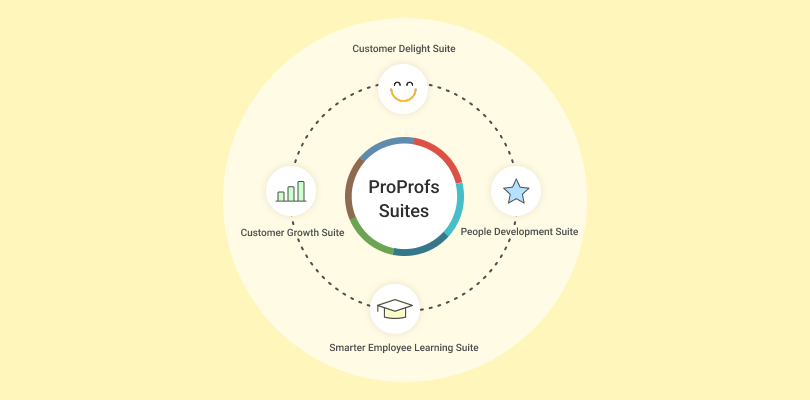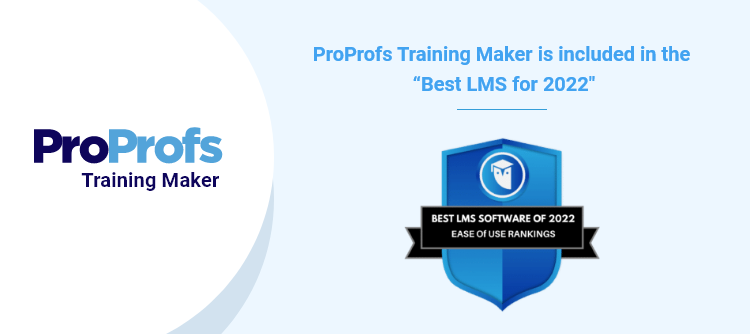Using quizzes is nothing new. Even with the popularity of online assessments, educators are still faced with the task of making assessments challenging enough to engage students, as well as delivering accurate results.
Neither hand-written quizzes nor quiz software can ensure the effectiveness of the actual questions contained within a quiz simply through format. In order to bring quality assessments to a course, educators should consider using specific techniques for creating effective assessments.
Each of the following are techniques to consider when writing questions for a course assessment. Many of these suggestions work well when combined with others.
Initial considerations
Because student performance is how many teachers gauge their instruction, measuring that performance is a critical factor in teacher planning. Even though midterms and finals are often required by policy, educators who also give more frequent assessments find that students do better on the high-stakes tests, having been exposed to more frequent low-stakes assessments during the entire term.
Suggested Techniques
A key factor to these short assessments is to make certain you have clearly articulated objectives and expectations, not only about your course, but about the quiz itself. Remember, if you ask good questions, your results about student learning will be more accurate.
1. Use clear, brief, and precise language. This might sound obvious, but reducing unimportant words and making questions concise can improve not only interest, but results.
2. Relate each question to course objectives. Keep each question relevant to current course material as well as overall content and goals.
3. Start with prior knowledge, then build to more complex questions. For example, use a question that is relatively simple and takes information from a prior lesson or class instruction, but will also assess one new concept for the current lesson.
4. Include visuals. Items such as diagrams, pictures, outline, or even videos, when included with a question, allow students to demonstrate deductive reasoning.
5. Use an example, metaphor, or story. In the same way a story helps students remember an example, these can also clarify a point and help students consider the answer options effectively.
6. Each question should assess only one idea or concept.
7. Each question should include only material or information relevant to its solution.
8. Reward effort made by your students. This is especially important for assessing learning in lower grades.
9. When you have concepts critical to the course, ask multiple questions, in different ways, about each one. This will give you an accurate reading on student knowledge about that topic, and help you gauge how much more instruction is needed for students to master the concept.
10. When composing a true/false or multiple choice question, be sure that each wrong answer represents a common error or misunderstanding. At the same time, make sure there is one clear right answer. This will reduce guessing and help you gauge how effectively you have addressed misconceptions.
11. Prepare questions that require students to think at different levels. For instance, recall questions are low-level assessments. You need to use some recall questions but you also need to measure comprehension, application, and analysis. Students may be able to recall facts, but have no idea how to apply them.
12. Proofread and edit your questions. Just as you would expect students to proofread a draft, do the same for your quiz. Once revised, ask someone less familiar with your course to review your quiz for clarity and grammar.
Suggestions for electronic quiz questions
In addition to setting up your quiz preferences and securities (see Assessment Strategies), a few other considerations will help improve the delivery of your quiz. When choosing an online quiz tool consider ProProfs Quiz Maker because it offers many options for question making.
13. Show a progress bar or total questions complete. Students like to know how many questions they’ve completed, and how many they have left.
14. Provide frequent feedback. This can be tricky if you are electing to not display answers within an electronic quiz (recommended for exams). But feedback of another sort can keep your students from getting frustrated. Use of humor, or just some simple, explanatory statements throughout will really help students that simple assessments are not just time fillers.
15. Analyze each question. After you’ve established an initial question bank and given the quiz at least once, use the system reports to determine which questions are useful, and which aren’t. As you write new questions, give them a lower point value and add only a few at a time to establish their reliability.
Things to Avoid
Many students feel that quizzes are a waste of time, and as a result, don’t take them seriously which can keep you from accurately and incrementally measuring student learning,. Putting forth some effort to avoid the following things in a quiz will improve student attitudes and results.
16. Avoid questions on trivial or inconsequential details. Make your questions meaningful.
17. Don’t make assumptions. Just because you think an idea is a simple concept, don’t assume your students have learned it yet.
18. Don’t take questions directly from the wording within your course material or textbook. If you are using a fill-in-the-blank question, reword the text into understandable terms that require precise answers previously identified in class.
19. Don’t use an acronym in a question without defining it, unless the acronym is common knowledge or you are asking for a definition of the acronym.
20. Challenge your students, but avoid trick questions which only frustrate them. Students know when you are using quizzes to kill time. They don’t appreciate busywork, and realize it when your questions are not well designed.
21. Don’t exclude quiz values from overall grades. Once students realize you do this, they will no longer make an effort.
Conclusion
The types of questions teachers ask in assessments often dictate how a student will study in a course, not only for a quiz or exam but also in their everyday course work. If you clearly articulate when and how students will be assessed, they are more likely to study in a manner that will allow them the highest level of success.
Using effective question techniques takes practice and skill. This means that writing quiz questions may not be easy, but using the above list can help you learn to make the most effective questions in the least amount of time.





